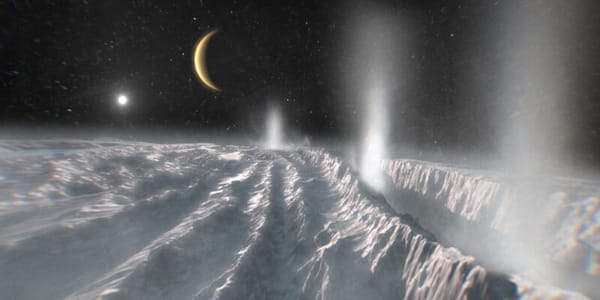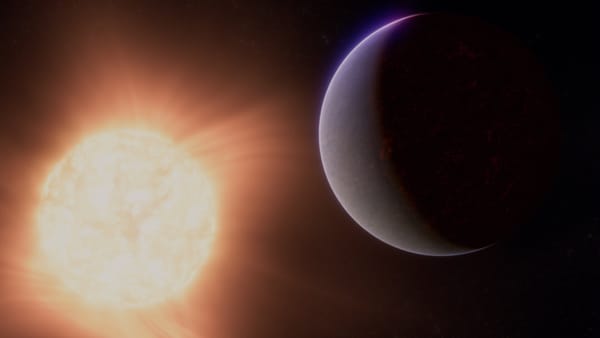So, we’ve discovered alien life. What next?

Thanks for tuning back into the BeX Files. Hope you had a lovely start to November.
It will be a short transmission today because I’ve had a busy few months surrounding the publication of my book (ahem, FIRST CONTACT) and I am preparing to switch gears a bit going forward. To that end, I’m working on some exciting new projects for the newsletter, including Q&As with other alien enthusiasts and deeper dives into specific topics, such as the trope of the planet-sized alien organism, or the impact of the U.S. science budget cuts on the search for extraterrestrial life.
But for now, I wanted to spotlight a study that came out last week in the journal Astrobiology entitled “Communicating Discoveries in the Search for Life in the Universe Workshop Report.”
The work reports the main findings of NASA’s Communicating Discoveries in the Search for Life in the Universe workshop, which took place during February and March 2024. I was fortunate to participate in this multi-day conversation between scientists, science journalists, content creators, and other experts that pooled ideas about how to best respond to the detection of alien life.
Spoiler alert: It’s tough to imagine precedents to set for an unprecedented event, especially one with such momentous consequences. In fact, it can kind of feel like a fool’s errand. Nevertheless, the workshop looked to past discoveries and false positives as a guide to prepare for one of the most anticipated breakthroughs in human history—the confirmation that we’re not alone.
“Historically, there have been numerous instances where humanity believed it discovered life, or even intelligent life, beyond Earth—from martian canal builders to microscopic fossils in meteorites, radio signals from distant civilizations, and alleged megastructures around stars,” said the authors of the study, led by Jordan Bimm of the University of Chicago.
“While scientists generally exercise caution with incomplete evidence, many purported discoveries of alien life have been widely reported over the past 150 years,” the team continued. The current communication landscape is rapidly evolving with social media and generative AI, necessitating a ‘map’ to navigate it safely. This workshop marks an important step in fostering greater understanding between researchers and science communicators with regard to the complexities of [extraterrestrial life] detection and its communication.”
The workshop helped shape my thinking about the tantalizing possibility of discovering life and it was a big inspiration for a talk I gave in September for the series Skeptical Inquirer Presents; here’s the link to that presentation for a short primer.
If you have thoughts about how you personally would react to the detection of aliens or how you think society at large might respond—and if there’s anything we could do to help prepare for that moment—I’d love to hear them at thebxfiles@gmail.com.
Thanks for tuning in! Meet you all back at the cosmic rest stop next Friday.




